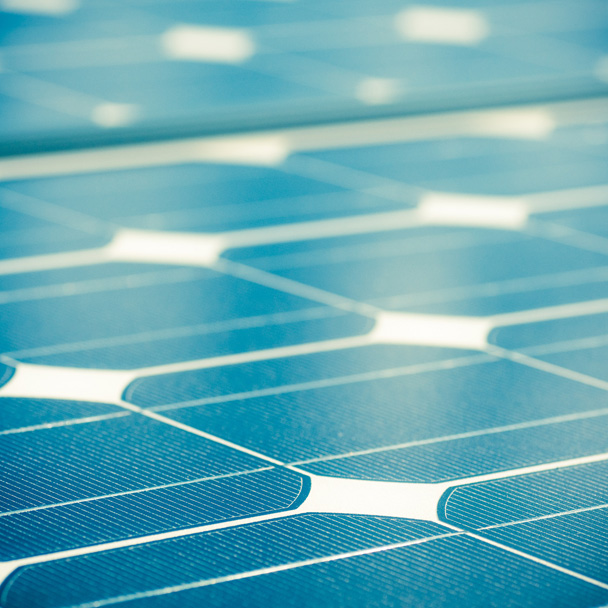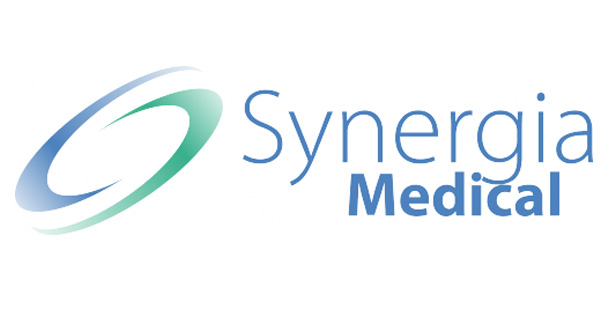Micro solar panels against epilepsy
Launched four years ago, Synergia Medical has just raised €8 million from various investors.
The young start-up based in Mont-Saint-Guibert has developed a revolutionary implant for neurostimulation that integrates optical fibres and uses photovoltaic cells to convert monochromatic optical energy (with one wavelength) into electrical pulses.

An alternative for treatment-resistant patients
According to Attila Borbath, CEO of Synergia Medical, this technique helps to avoid the inconveniences of the neurostimulation systems currently used for epilepsy and offers an alternative for epileptics who are resistant to medical or surgical treatments.
Thus, neurostimulation can offer a solution with the implantation under the skin of a small device the same size as a Zippo lighter."
A solution compatible with MRI examinations
These devices work in the same way as pacemakers by sending an electric current to the nerve tissue. Indeed, the therapy is effective despite already being about 20 years old, but it does involve a number of problems: large implants that are not very suitable for children, material which may perturb MRI type examinations and batteries with a limited lifespan.
The Synergia implant offers a solution to these problems: smaller and rechargeable by induction, it does not contain any metal and uses light signals and therefore does not pose any problem for MRI examinations.
The start-up also works with neurologists of the Saint-Luc University Clinics with a view to improving the effectiveness of current treatments.
Synergia was founded by Attila Borbath and Pascal Doguet, with the support of business angels. Pascal Doguet, a Doctor in Electronics, is also the founder of Neurotech, a spin-off of UCL that was bought by the Sorin group six years ago. A commercial engineer and an airline pilot licence holder, Attila Borbath sees himself as a business developer.
Attila Borbath , CEO of Synergia Medical
We have added photovoltaic cells at the level of the electrode. Therefore, the light is converted into an electric current at the level of the vagus nerve that we are stimulating. It could be said that these are the smallest solar panels in the world.

The raising of a large amount of capital in order to tackle the US market
The Belgian company Newton Biocapital is the lead investor for the new capital raised. It is followed by the Financière Spin-off Luxembourgeoise, the SRIW (Regional Investment Company of Wallonia) and the SFPI (Federal Holding and Investment Company).
The capital will be used to complete tests on the implant and obtain CE marking via a small clinical study. This raising of such a large amount of capital can be explained by the fact that the investors have convinced Synergia to also tackle the American market, which is more accessible.
Apart from epilepsy, the Brabant-based company is also targeting other pathologies, such as obesity, sleep apnea and depression.
Source: L’Echo
